How to Make A Boutonniere and Corsage: A DIY Tutorial

Are you wondering how to make a boutonniere and corsage? Many of our DIY wedding couples come to us asking for advice on this topic, and of course, we are more than happy to help! These two types of flower arrangements are important because they serve to honor some of the most important people of the day. From the Mother of the Bride to the Ring Bearers, key family and wedding party members wear these little arrangements to signify their BIG role in the couple's lives. (Click here to read more about who should get flowers on your wedding day.)
Learning how to make a corsage and boutonniere is a great skill to have, not only because it will help you save money on wedding flowers, but because it will come in handy for other events too. You may need these flower arrangements for future proms, galas, date nights, and more! Adding flowers to your formal attire helps take your look to the next level while also highlighting your personal style.
Luckily, DIY-ing these flower arrangements can be simple and easy. We’ve developed a step by step guide to help you master the art of designing these special pieces. Keep scrolling to learn the process!

How To Make A Boutonniere
1.) Gather Your Boutonniere Supplies
Start by gathering all of the floral supplies you will need to create your arrangement. We recommend the following tools for your project:
- Scissors
- Floral Tape
- Ribbon
- Pins

2.) Gather Flowers and Greens
Next, for your DIY boutonniere, you'll want to order the following types of flowers:
- A Lateral Greenery: This is a long line of greenery, such as the Myrtle stems used in this boutonniere example.
- Two Filler Flowers: These flowers have smaller blooms, and serve to fill in the gaps of your boutonniere. In this boutonniere, we used Queen Anne's Lace and Bupleurum. Some other popular filler flowers include baby's breath, statice, and heather.
- One to Two Focal Flowers: These flowers are the main flower in your design, and are the star of the show. We used white roses in this example!
As you explore how to make a boutonniere, you may want to consider ordering flowers in bulk to save time and money. If you aren't sure what specific blooms you want in your arrangements, you can start off shopping by color, or can try a DIY Flower Combo which comes with an array of different types of flowers to match your color palette or style!
Once your flowers arrive, make sure to trim their stems, hydrate them in cool water, and store them in a dry, dark, and cool place. (Learn more about Flower Care here.)
3.) Cut Your Stems to the Length of Your Boutonniere
Then, cut each of your flower and greenery stems down to 1.5 inches in length.

4.) Strip Off Extra Leaves
Remove any leaves and foliage from the lower half of each stem to make room for the floral tape.

5.) Place Your Greenery and Focal Flower
Arrange one to two stems of lateral greenery behind your focal flower. Secure with tape.

6.) Add Some Filler Flower
Place a stem of filler between your greenery and focal flower to add dimension. Secure this addition with more floral tape.

7.) Continue Layering
Add another type of filler flower to your arrangement, and then another focal flower if you desire. Continue layering greenery, focal flowers, and fillers until you achieve your desired look. Tape all of the stems together, leaving some part of the stems exposed at the bottom. Trim and even out the bottom of the stems if needed.

8.) Finish Your Boutonniere with Ribbon and Pins
Finally, wrap the taped stems in ribbon of your choice. Start the ribbon at the bottom of the taped section, and wrap around until you reach the base of the flowers. Tie your ribbon off in a knot, stick with a pin, and enjoy the fact that you now know how to make a boutonniere!


How To Make A Corsage
1.) Gather Your Corsage Supplies
Creating your DIY corsage will look similar to creating a boutonniere at first. The first step is to gather the supplies that you'll be using for your arrangement. For corsages, we recommend having these tools on hand:
- Scissors
- Floral Tape
- Ribbon
- Wristband or Pins

2.) Gather Flowers to Match Your Boutonniere
Next, you'll want to gather your greenery and flowers. In this example, we used the same flowers to match the boutonniere, just in a slightly higher quantity. If you're crafting matching boutonnieres and corsages, you may want to use the same flowers for each. Plus, this makes it easier to buy your blooms in bulk, saving you some money and effort! On the other hand, if you want your corsages and boutonnieres to feature different blooms, that's totally fine too. Regardless, make sure you order these types of flowers for your corsage:
- Lateral greenery
- Two Filler Flowers
- One to Two Focal Flowers
3.) Cut Your Stems
Learning how to make a corsage may feel a little more familiar after you've practiced making a boutonniere. Similarly to the How to Make a Boutonniere tutorial above, your design process will start by cutting the stems of your flowers and greenery down to 1.5 inches in length.

4.) Remove Leaves from Bottom of Stems
Again, you'll want to remove the leaves from the bottoms of both your flowers and your greenery. This makes wrapping your corsage in tape and ribbon a lot easier later on.

5.) Start with Your Focal Flower and Greenery
Layer one to two stems of greens behind your focal flower, and secure them together with floral tape.

6.) Add Some Filler Flowers
Then, place a filler between the greenery and flower. Add more tape to secure the stems together. Then add your second, bigger type of filler flower, and secure this as well.

7.) Add a Bow to Your Corsage
If you desire, tie a bow with the ribbon that was used in your boutonniere, and secure it to the stems of your flowers so far using tape. As you add more blooms to your arrangement, the bow will be positioned in the middle of your arrangement, so position it accordingly!

8.) Layer the Rest of Your Flowers
Next, continue layering greenery, focal flowers, and filler until you have your perfect design. You will usually want around three layers of stems, with around two focal flowers in your arrangement. Continue securing with tape after every other stem.

9.) Finish Taping
Finish with one last taping of all stems, leaving the bottom half of the stems exposed.

10.) Wrap Your Corsage in Ribbon
Finally, wrap your floral tape in the ribbon of your choice, starting at the bottom of the taped stems, and wrapping all the way up to the base of the flowers. Tie off in a knot.

11.) Secure to A Corsage Wristlet or Pins
When creating a wrist corsage, attach your arrangement to a wristlet. If your wristband comes with attached strings, tie these to the middle of the flower arrangement, and then at the bottom.
When creating a pin-on corsage, add a pin to your ribbon-tied stems.
Video Tutorials on How to Make a Boutonniere and Corsage
More Boutonniere Inspiration
These steps are the basic foundation to any personal flower design, and can easily be adapted for new and distinct looks. As you can see below, using the same basic design steps, we were able to get really creative and create these other boutonnieres.


Why You Should Learn How to Make a Corsage and Boutonniere
Corsages and boutonnieres will make you or anyone wearing them feel important, and we encourage you to design with your own creative flair. Designing these arrangements on your own gives you the freedom to add personal touches. Plus, learning how to make corsages and boutonnieres will give you confidence to move forward with the rest of your DIY flower arrangements and other projects! Not to mention, it's a great craft to do with your family or wedding party, and can save you a ton of money in the long run.
Are you ready to take on this DIY flower project? Start by ordering wholesale flowers, or a DIY combo pack that matches your colors and style. We also carry a variety of floral sup plies for all of your DIY flower needs! Did you know that 100% of your orders with FiftyFlowers ship for free?!
Here at FiftyFlowers, we're committed to supporting you throughout your entire flower journey. From your consultation, all the way to your big day, we're here to answer your questions, and to give you the resources you need to design your own arrangements. Don't forget to follow us on Instagram, Facebook, and Pinterest for more inspiration!
Originally Written by Mariah Hebbeln, Updated by Leah Britt



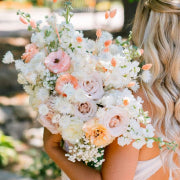
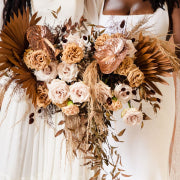
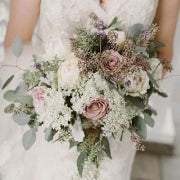
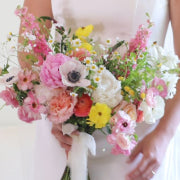
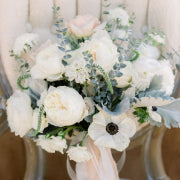
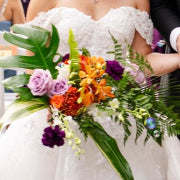
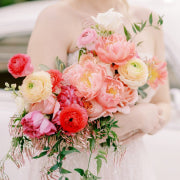
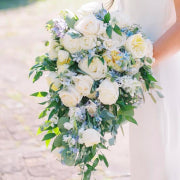






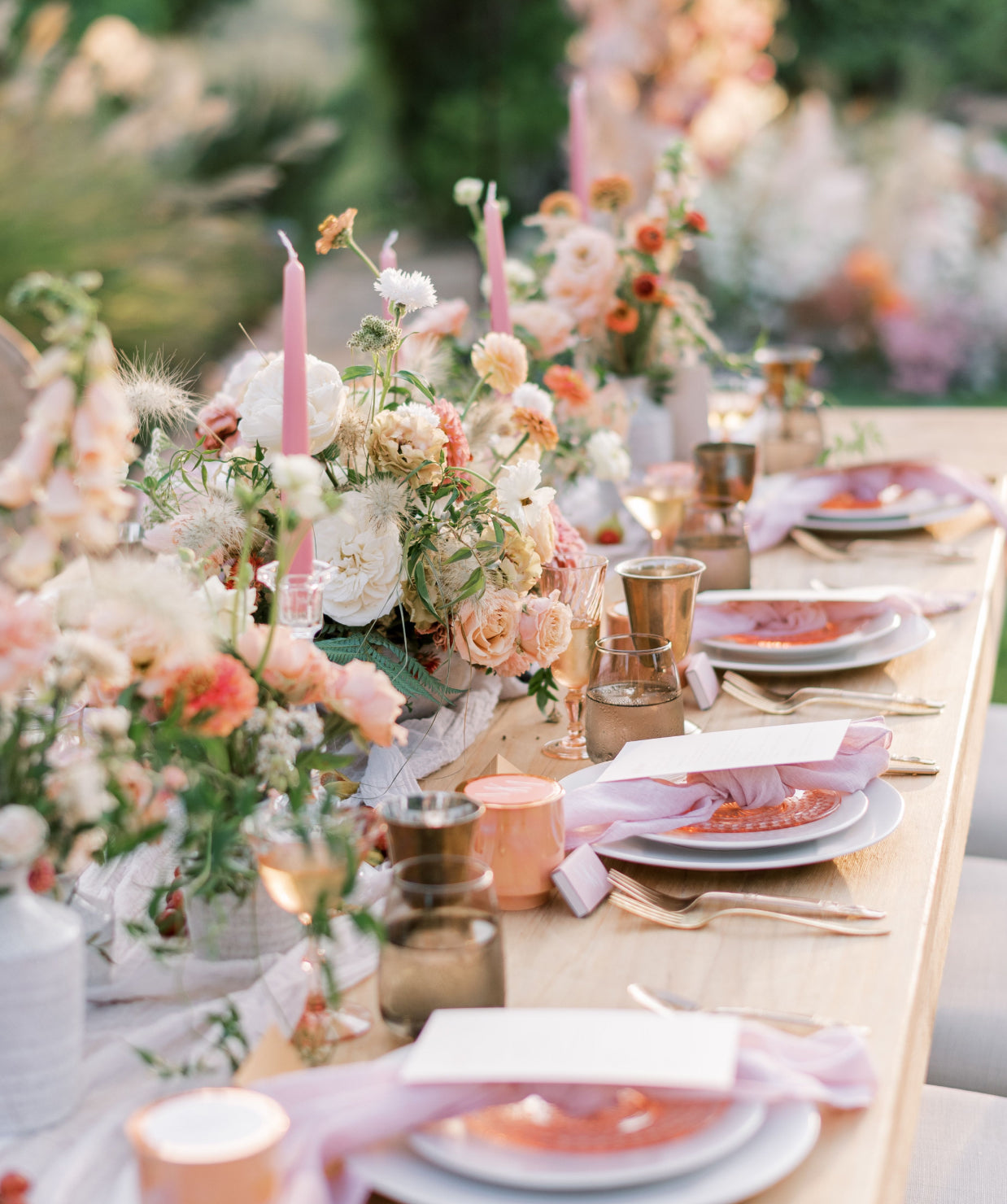
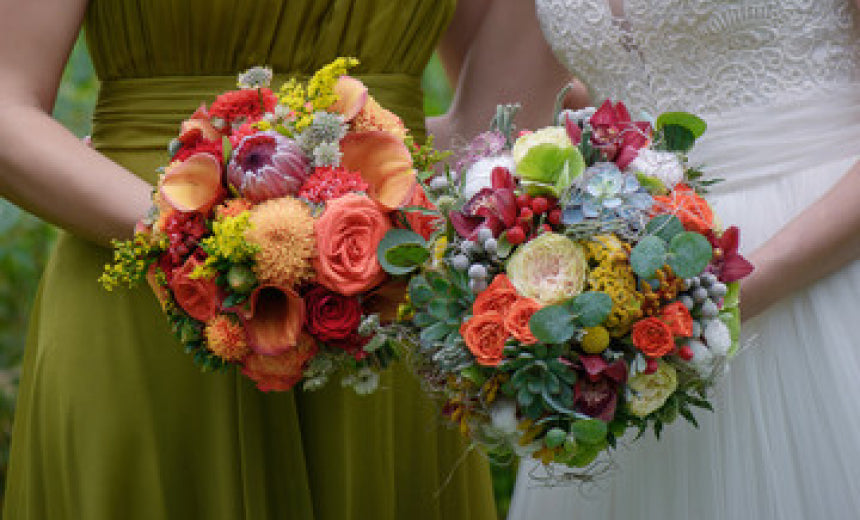
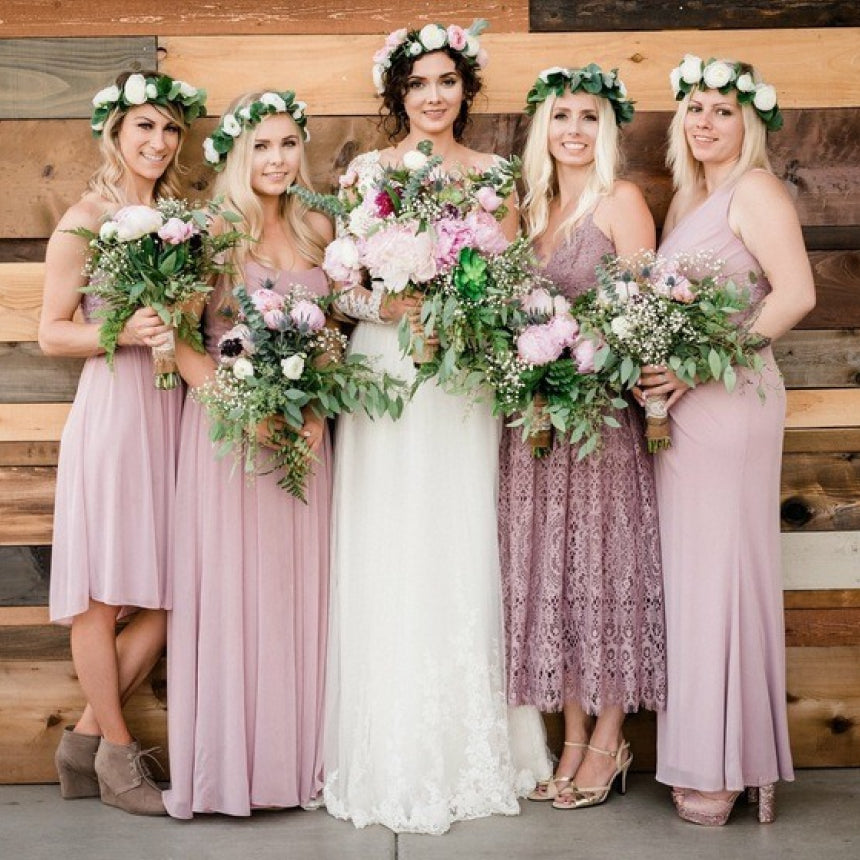
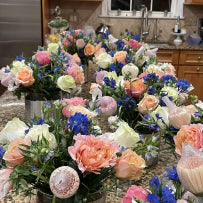

75 Comments
555
555
5 OR 410=(SELECT 410 FROM PG_SLEEP(15))-
YZNCxwLu’; waitfor delay ‘0:0:15’ —
1 waitfor delay ‘0:0:15’ —